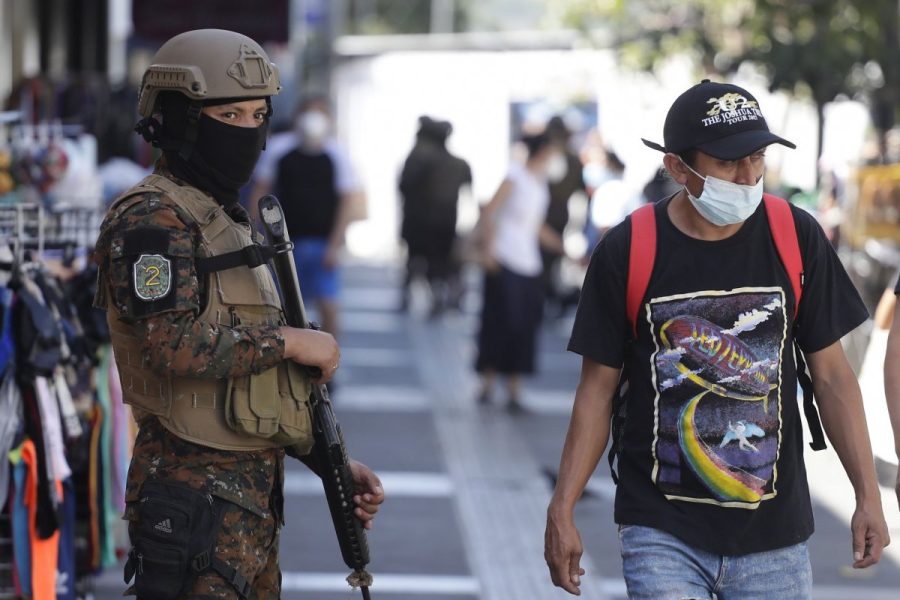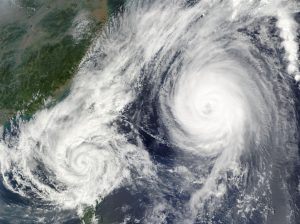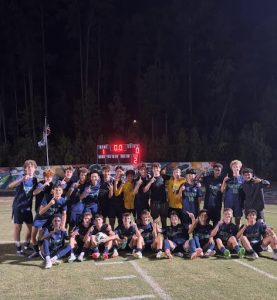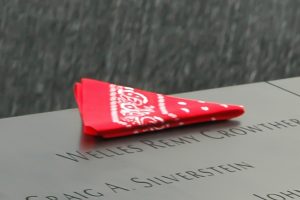Gang Violence in El Salvador
March 31, 2022
March 26, 2022, was considered the most violent day in El Salvador’s history since their Civil War 20 years ago. 62 people were murdered, following another 18 people the next day. The killings were credited to the MS-13 gang, who targeted everyday citizens to send a message to the government. This left human rights defenders and the general population worried about whether the government’s “iron fist” approach will actually succeed in ending the violence.
Since the 1990s, MS-13 and Barrio 18 gangs have operated in El Salvador. They soon became more violent, and in 2015, El Salvador was named to be the most murderous country in the world. When President Nayib Bukele took office in 2019, the number of homicides decreased by about one-third of the homicides committed in previous years. It was speculated that this decrease in murders was because of a truce between the El Salvador government and these gangs. However, President Bukele claimed that his security plan known as Plan Control Territorial was responsible, although this wasn’t supported by investigations. The recent events also point toward negotiations being made, showing the danger of under-the-table negotiations.
In response to this past weekend’s attacks, El Salvador’s Legislative Assembly approved a “state of exception.” It allows the government to use spyware against citizens, suspends the right to legal counsel, and extends the detention period without charge to 15 days. As a result, people have argued that the decision is unconstitutional and suspends certain civil liberties.
Bukele also held up his promise of having an “iron fist” on the matter by enacting harsh security measures. More police and military were sent onto the streets and more arrests took place in a series of raids. He also put more prison restrictions in place. As a result, controversy has grown on whether stemming the violence through brutality and even more violence is an effective measure.







